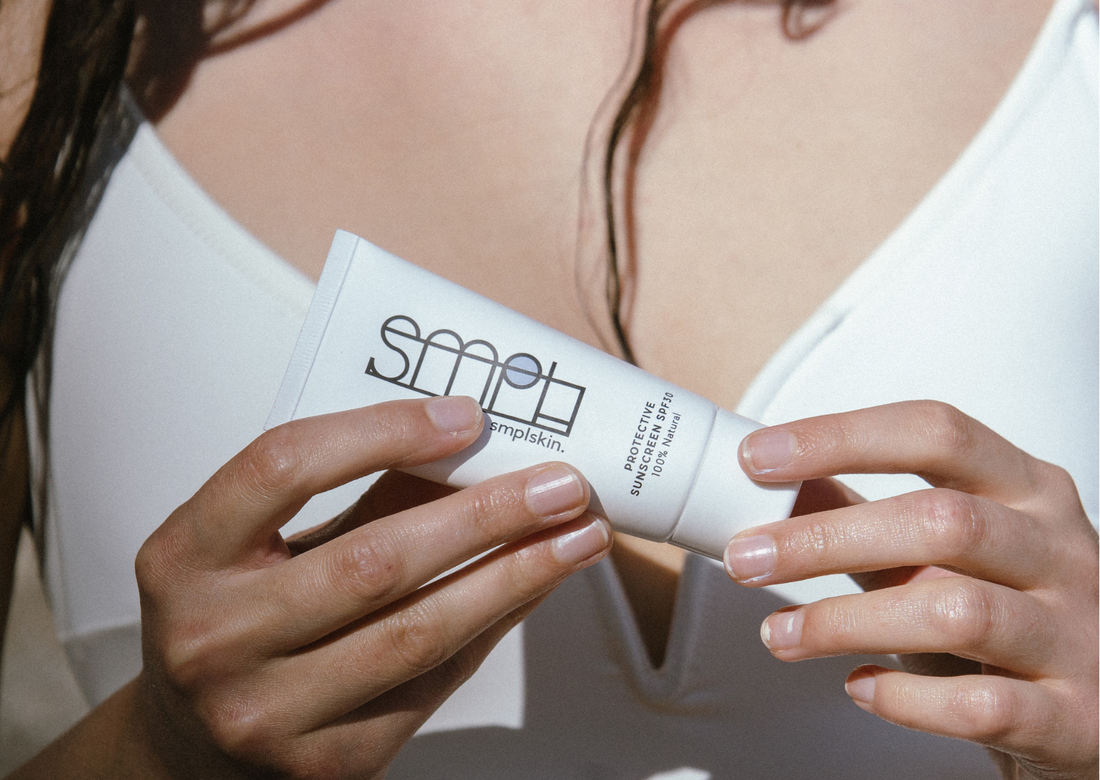
Do you apply your sunscreen over or under your day cream?
Share
This is a question we often get. The answer to the question depends on which sunscreen you use. The effect of a chemical sun filter is different from a mineral sun filter. These 2 different types of sun filters must therefore be applied differently.
Day cream in combination with a mineral sun filter
Examples of a mineral sunscreen are zinc oxide and titanium dioxide. These natural sun filters act like a mirror against the sun. The filter is made up of all kinds of small particles that, when the filter is included in a cream, you put on your skin like a protective armor. The particles remain on your skin and ensure that the sun cannot damage the skin. Therefore let mineral sunburn
When you use a sunscreen with a mineral filter, it is therefore best to spread the sunscreen over your day cream. The beauty of a mineral sun filter is that the effect does not diminish over time and that it is still safe to apply even after a year.
In addition, mineral filters work immediately after you apply them because they do not have to be absorbed into the skin first.
We have chosen titanium dioxide in our protective sunscreen SPF30.
Day cream in combination with a chemical filter
Chemical sunscreens come in many different types. You can find them in non-natural sunscreens. The chemical sun filters penetrate your skin and then ensure that it can protect the skin against UV radiation. However, this withdrawal can sometimes take up to 1 hour, so apply on time!
Because the chemical sunscreen filter must be absorbed well into the skin, it is better to lubricate it under your other care products. Over time, the effectiveness of chemical sunscreens diminishes. It is therefore important to purchase a new sunscreen every year.
The chemical filter is thus absorbed into the skin and some of them can lead to health risks. The choice is yours to switch to natural sunscreen, without the risks of chemical ingredients in your body.
We are proud that our natural sunscreen has won an international award.
